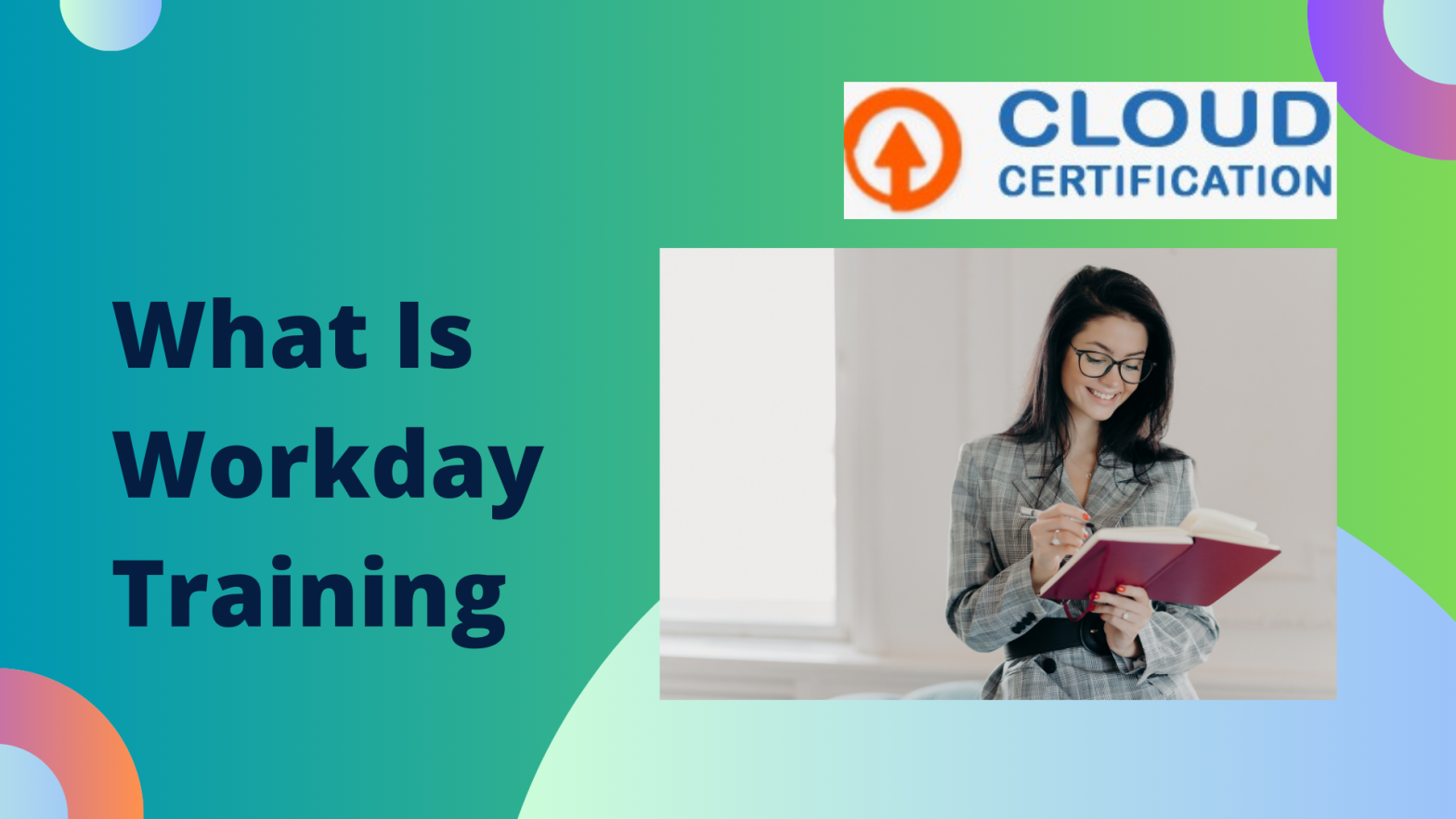If you’re diving into the world of human resources or finance, chances are you’ve heard about Workday. But what exactly is Workday Training, and why is it crucial for professionals today? Let’s break it down in a way that’s engaging, easy-to-understand, and relatable.
The Basics of Workday
Workday is a cloud-based software platform specializing in human capital management (HCM) and financial management. It’s used by organizations of all sizes to manage their workforce, financial operations, and enterprise planning. Imagine having a tool that integrates all your HR, payroll, and financial services into one seamless platform – that’s Workday for you!
Why Workday Training is Essential
Just like learning to drive before hitting the road, getting trained on Workday is vital before you start using it in a professional setting. Workday Training equips users with the skills to effectively navigate and utilize the software’s various modules. This training can be particularly beneficial for HR professionals, financial analysts, and IT specialists.
Real-Life Example
Take Lisa, for instance. Lisa works in HR for a mid-sized tech company. Her team recently transitioned to Workday, and she had no clue how to get started. After enrolling in a Workday Training course, she quickly learned to manage employee data, streamline payroll processes, and generate insightful reports. This not only boosted her productivity but also made her a key player in the company’s HR department.
Types of Workday Training
1. Self-Paced Online Courses
Perfect for busy professionals, these courses allow you to learn at your own pace. Platforms like Coursera offer comprehensive Workday training programs that cover everything from basic navigation to advanced functionalities.
2. Instructor-Led Training
If you prefer a more structured approach, instructor-led sessions might be the way to go. These are typically more interactive and allow for immediate feedback and support【9†source】.
### **3. On-the-Job Training**
Some organizations provide in-house Workday training for their employees. This hands-on approach can be highly effective as it is tailored to the specific needs of the company.
Key Modules in Workday Training
Human Resource Management
This module covers everything from hiring to employee management. It provides intuitive tools for managing staff, updating organizational structures, and handling compensation and benefits.
Talent Management
Talent management tools help in recruiting, developing, and retaining top talent. It includes functionalities for goal setting, performance management, and succession planning.
Payroll Management
This module simplifies payroll processing, ensuring accuracy in salary calculations and compliance with tax regulations. It integrates seamlessly with time tracking and HR functions.
Financial Management
Workday’s financial management tools help in managing budgets, forecasting financial outcomes, and generating reports. This module is crucial for CFOs and financial planners.
Time Tracking
An essential feature for companies with hourly employees, this module allows for precise tracking of work hours, breaks, and overtime. It’s accessible via web and mobile, making it user-friendly for everyone【11†source】.
Benefits of Workday Training
Increased Efficiency
Trained employees can navigate the system more effectively, reducing the time spent on administrative tasks.
Improved Accuracy
Proper training ensures that users can enter and manage data correctly, minimizing errors in payroll, employee records, and financial reporting.
Enhanced Career Prospects
Having Workday skills on your resume can make you more attractive to potential employers. It’s a sought-after skill in the job market, especially for HR and finance roles.
Scalability
Workday is designed to grow with your organization. Whether you’re a small business or a multinational corporation, trained professionals can leverage the software’s capabilities to support scaling operations.
Conclusion
Workday Training is not just a nice-to-have; it’s a must-have in today’s fast-paced business environment. It empowers professionals to use the software effectively, leading to better organizational management and improved career prospects.
FAQs
1. What is Workday Training?
**Workday Training** equips users with the skills to effectively use the Workday software for managing HR, payroll, and financial operations.
2. Who should take Workday Training?
**Workday Training** is ideal for HR professionals, financial analysts, IT specialists, and anyone involved in managing workforce and financial processes.
3. How long does Workday Training take?
The duration of **Workday Training** varies depending on the course type. Self-paced courses might take a few weeks, while instructor-led courses could be shorter or longer based on the curriculum.
4. Can I learn Workday on my own?
Yes, there are **self-paced online courses** available on platforms like Coursera that allow you to learn Workday at your own pac
5. What are the benefits of Workday Training?
**Benefits of Workday Training** include increased efficiency, improved accuracy, enhanced career prospects, and scalability for organizational growth.
By understanding and utilizing Workday through proper training, you can unlock a world of opportunities for personal growth and organizational efficiency. So, are you ready to get started on your Workday Training journey?

